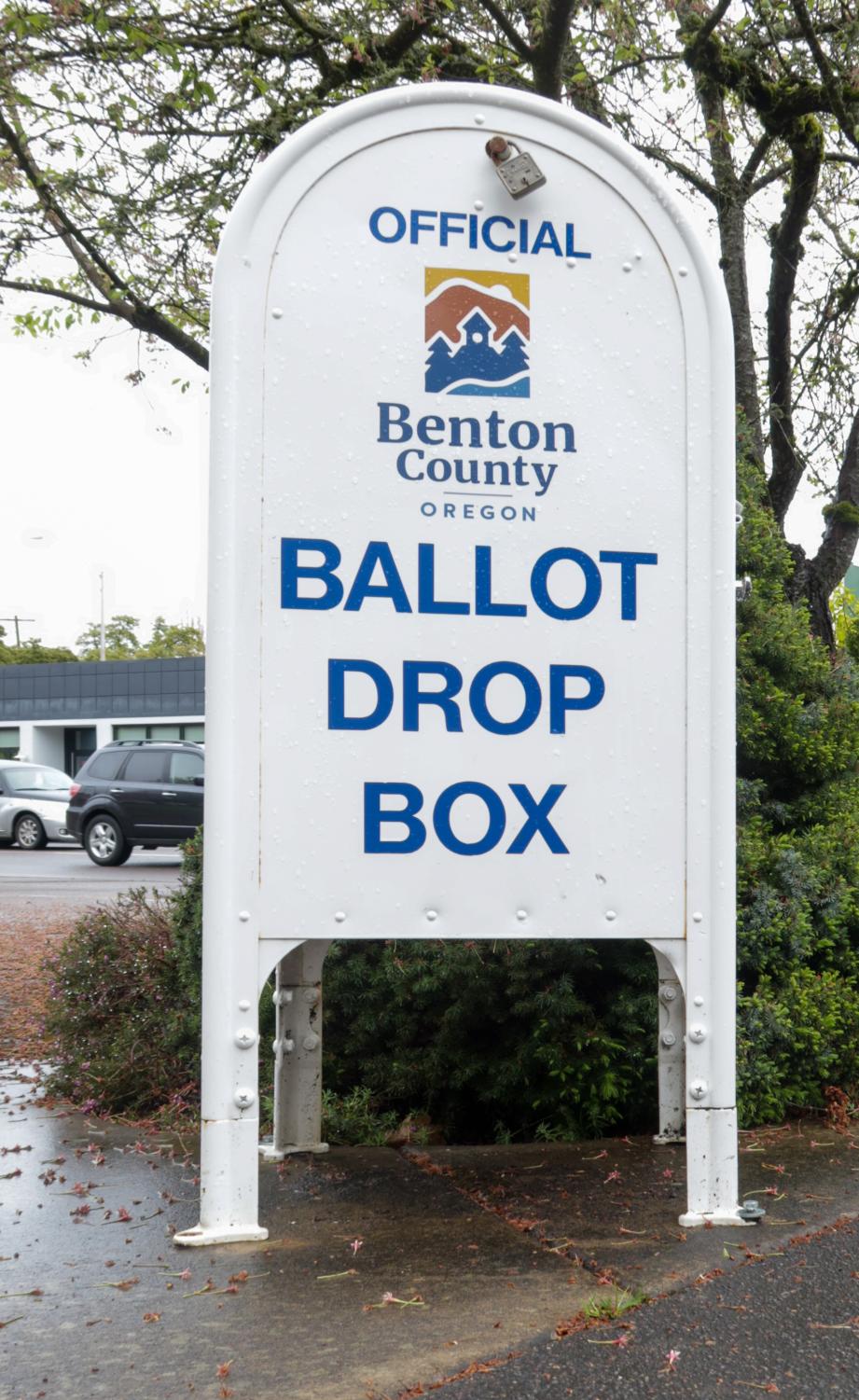Editor’s note: This story has been updated to reflect the correct counties that have already established ranked choice voting.
With the election coming up on November 5, Oregonian voters will be seeing five new measures up for vote on the ballot.
Measure 115 introduces an amendment to the Oregon Constitution which would allow elected officials in the state of Oregon to be impeached with two-thirds vote by each House.
As it currently stands, impeachments against publicly elected officials in Oregon are done only through recall votes by the public. Should this measure pass, it would allow the Oregon House to introduce articles of impeachment and with a two-thirds vote, it could go to the Oregon Senate for trial.
Measure 116 introduces a constitutional amendment that establishes a new body called the Independent Public Service Compensation Commission. Currently in Oregon, many public officials are paid salaries that are determined by the Legislatures themselves.
This group would independently determine the salaries of many Oregon legislators, including but not limited to, the Governor, Oregon judges under the administration of the judicial branch, and state Senators and Representatives. Salary decisions made by this group would not be reviewed or modified by the Legislative Assembly or Governor.
Ranked choice voting will be on the ballot in November as well. Ranked choice voting is already established in Benton County and Multnomah County. Measure 117 would bring that system to the rest of the state, allowing people to rank the candidates on future ballots in federal and state elections.
If passed, this would eliminate the candidates with the fewest votes in an election, then re-allocate those votes to the next-highest ranking candidate. A candidate could win with the most total votes, even if they don’t receive a majority of all votes cast.
Measure 118 is a bill that would bring a new corporate tax in the state of Oregon. As the law currently stands, corporations that make between $25 million and $50 million a year in sales pay a minimum of $30,000 in taxes. Any company that makes more than $100 million a year in sales has a minimum tax of $100,000.
If measure 118 were to pass, it would increase the minimum tax by 3% for any corporation that makes more than $25 million dollars in sales in the state of Oregon. In other words, sales made in Oregon by any company would have an increased minimum corporate tax.
The goal with measure 118 is to provide a basic universal income for all Oregon residents. It is projected that it would provide all residents with about $1,600 each year. This rebate would include college students, providing a basic income from the state of Oregon.
Under this measure, the extra money made in taxes would go right back to Oregon residents of all ages. Any rebate money that is unclaimed would go to health care services and public education.
Lastly, Oregon measure 119, if passed, would require cannabis retailers to remain neutral when communicating between labor organizations and its employees. If passed, this would require cannabis retailers to sign a labor peace agreement in order to receive licenses or certifications. According to OPB, this would give cannabis workers an easier way to unionize.












































































































